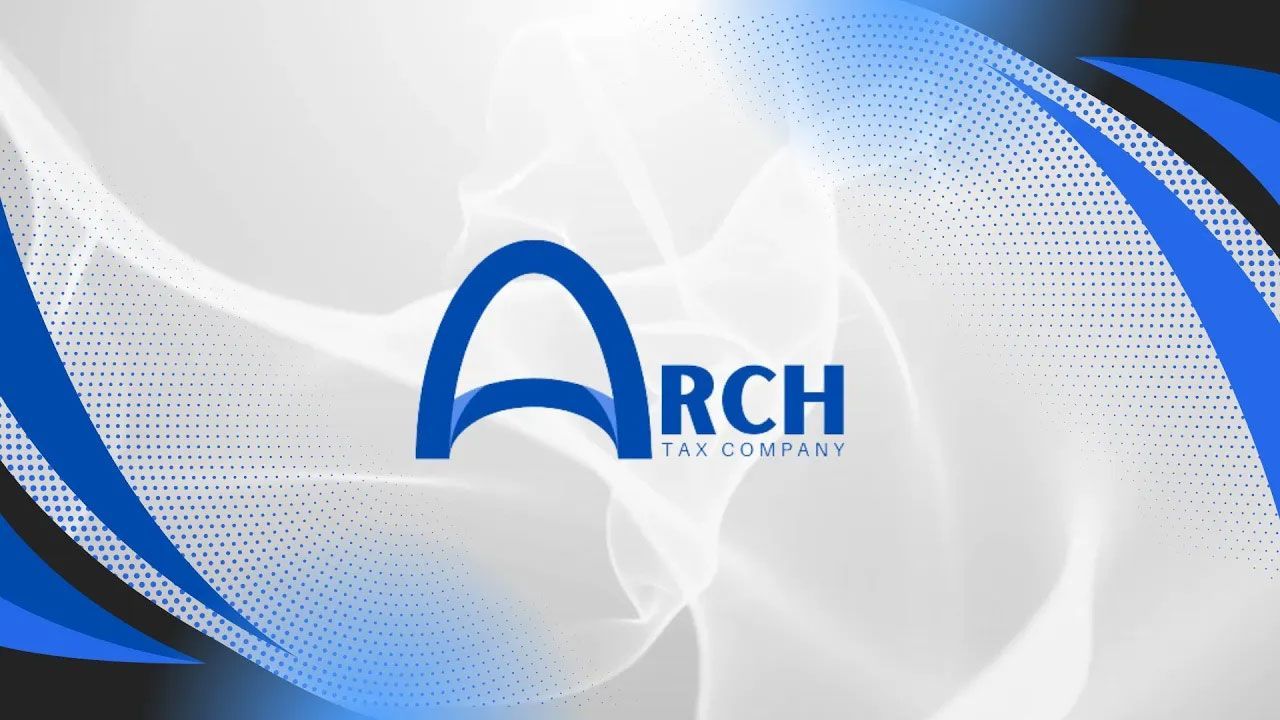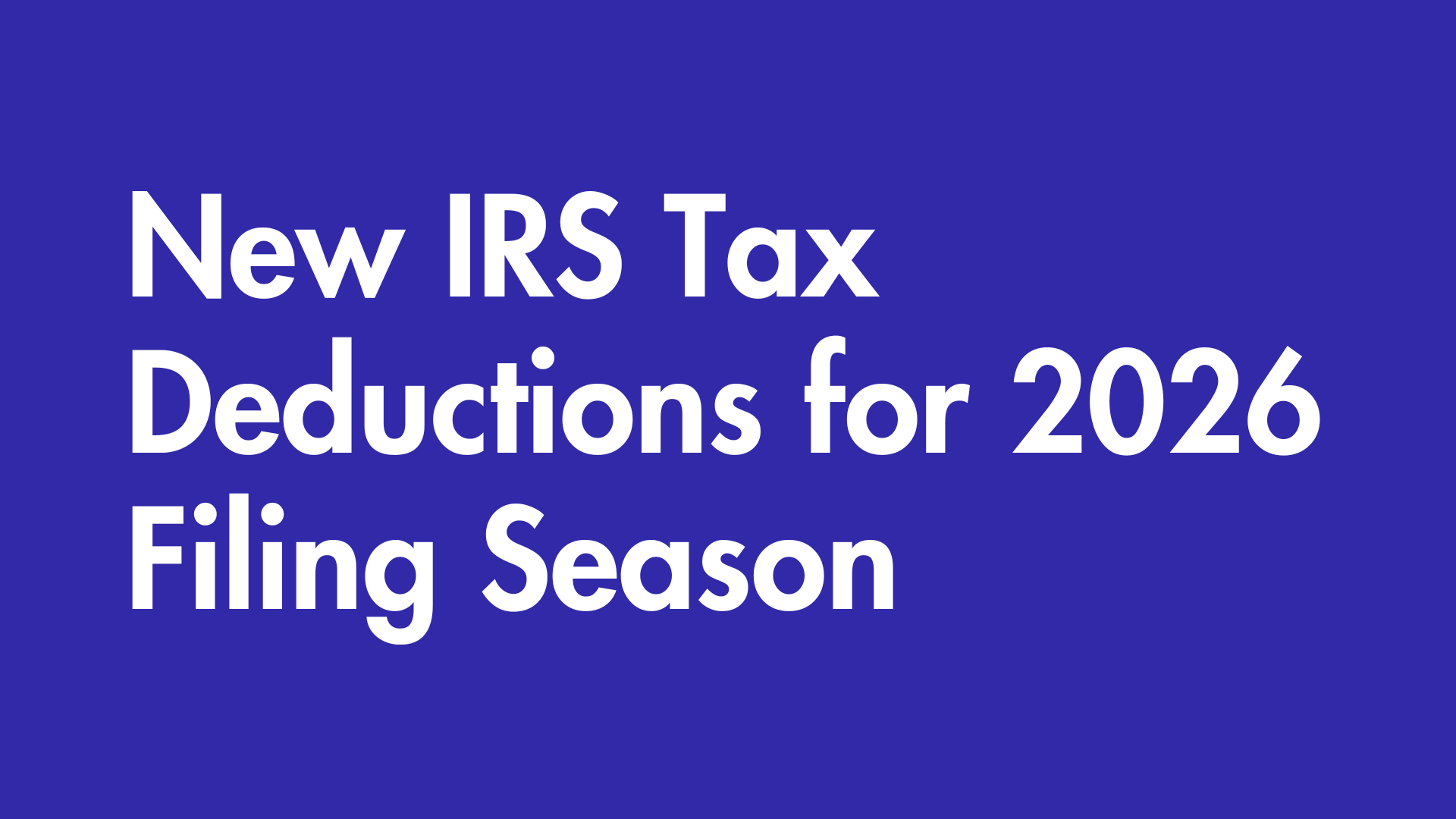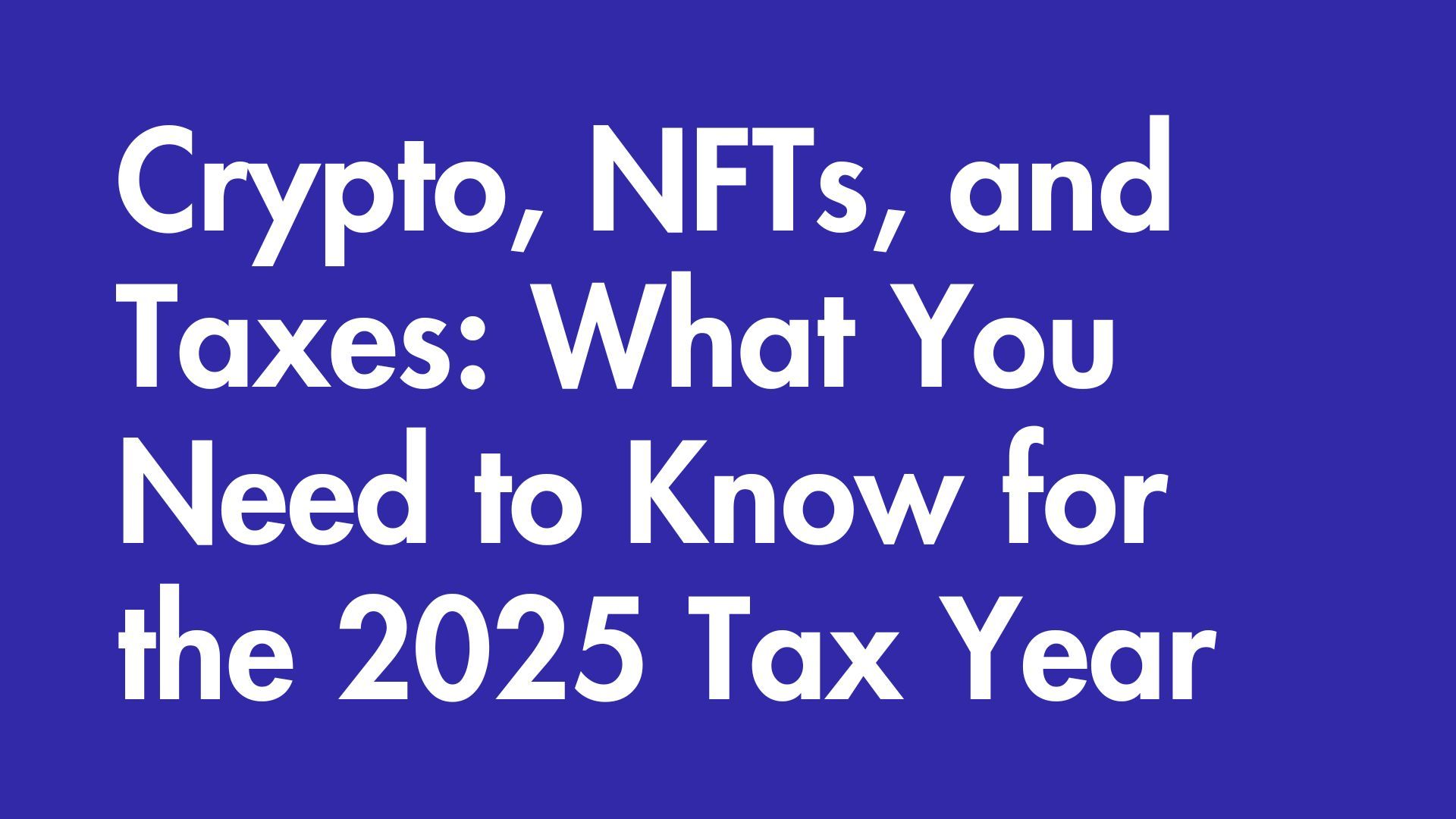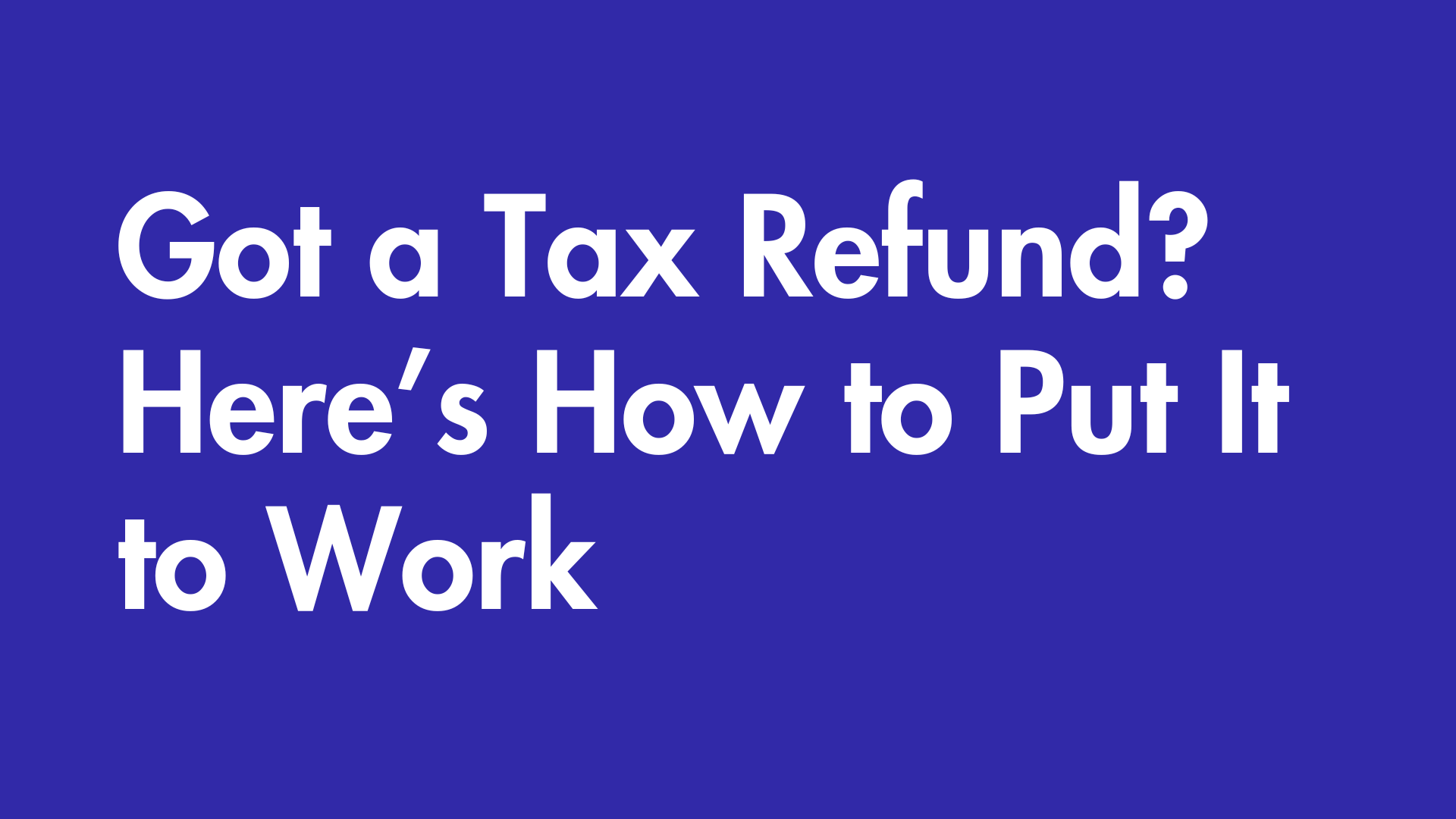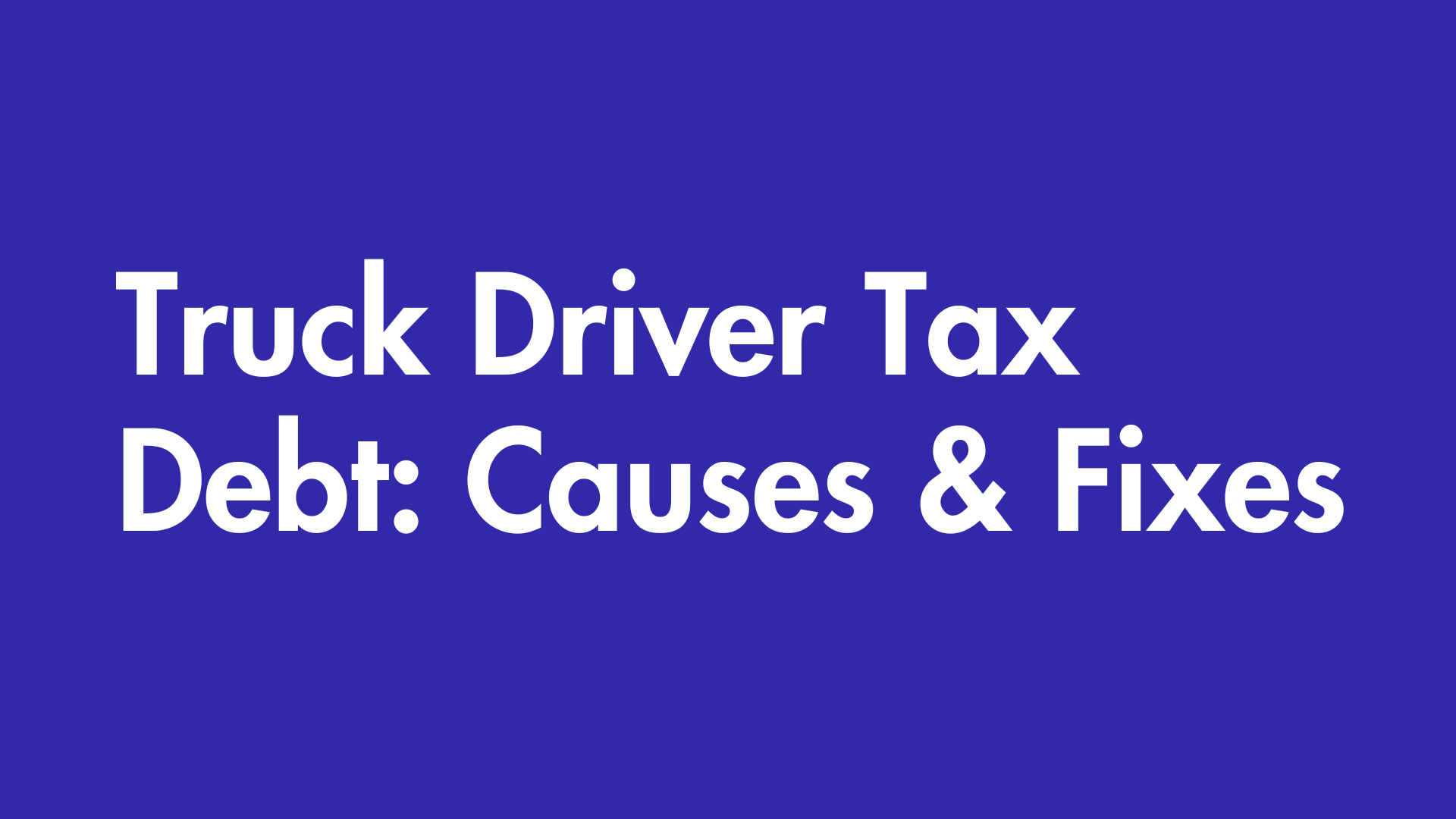Filing Taxes with Marketplace Insurance? Don’t Skip Form 1095-A!
What is IRS Form 1095-A?
IRS Form 1095-A is a document provided by the Health Insurance Marketplace to report information about your enrollment in a qualified health plan. It’s a critical form for individuals who received health coverage through the Marketplace, as it includes key details such as:
- Your coverage dates
- Premium amounts
- Any advance payments of the Premium Tax Credit
This form isn’t something you can complete yourself; it must be issued by the Marketplace. If you file your tax return without this form, your return will likely be rejected, which can delay your refund and cause unnecessary stress.
Why is Form 1095-A Essential for Filing Taxes?
When you’ve had Marketplace insurance, Form 1095-A is used to reconcile the Premium Tax Credit on your tax return. Without it, the IRS can’t verify your eligibility for the credit or ensure that the right amount was applied to your premiums throughout the year. Filing your taxes without including this form means your return will be flagged, and you’ll need to correct and resubmit it—a time-consuming process you’d probably prefer to avoid.
How to Obtain Form 1095-A
If you’re gearing up for tax season, now is the time to ensure you have your Form 1095-A. Here are the steps to get it:
- Online Access: Visit healthcare.gov and log into your Marketplace account. Navigate to the section where you can download your 1095-A form.
- Call the Marketplace: If you’re unable to retrieve the form online, call the Health Insurance Marketplace directly at 800-318-2596 to request assistance.
You can also click here to find out how to find Form 1095-A online.
Pro Tips for a Smooth Tax Season
- Check the Details: Once you receive Form 1095-A, review it carefully to ensure all information is accurate. Discrepancies can lead to delays or complications.
- File Early: The sooner you have all your documents, the sooner you can file and avoid last-minute rushes.
If you need assistance with Form 1095-A or any aspect of your taxes, we’re here to help! Reach out to Arch Tax, led by Chad Dickinson. You can email Chad at
chad@archtaxco.com or call us at
872-267-3727 for personalized guidance.

